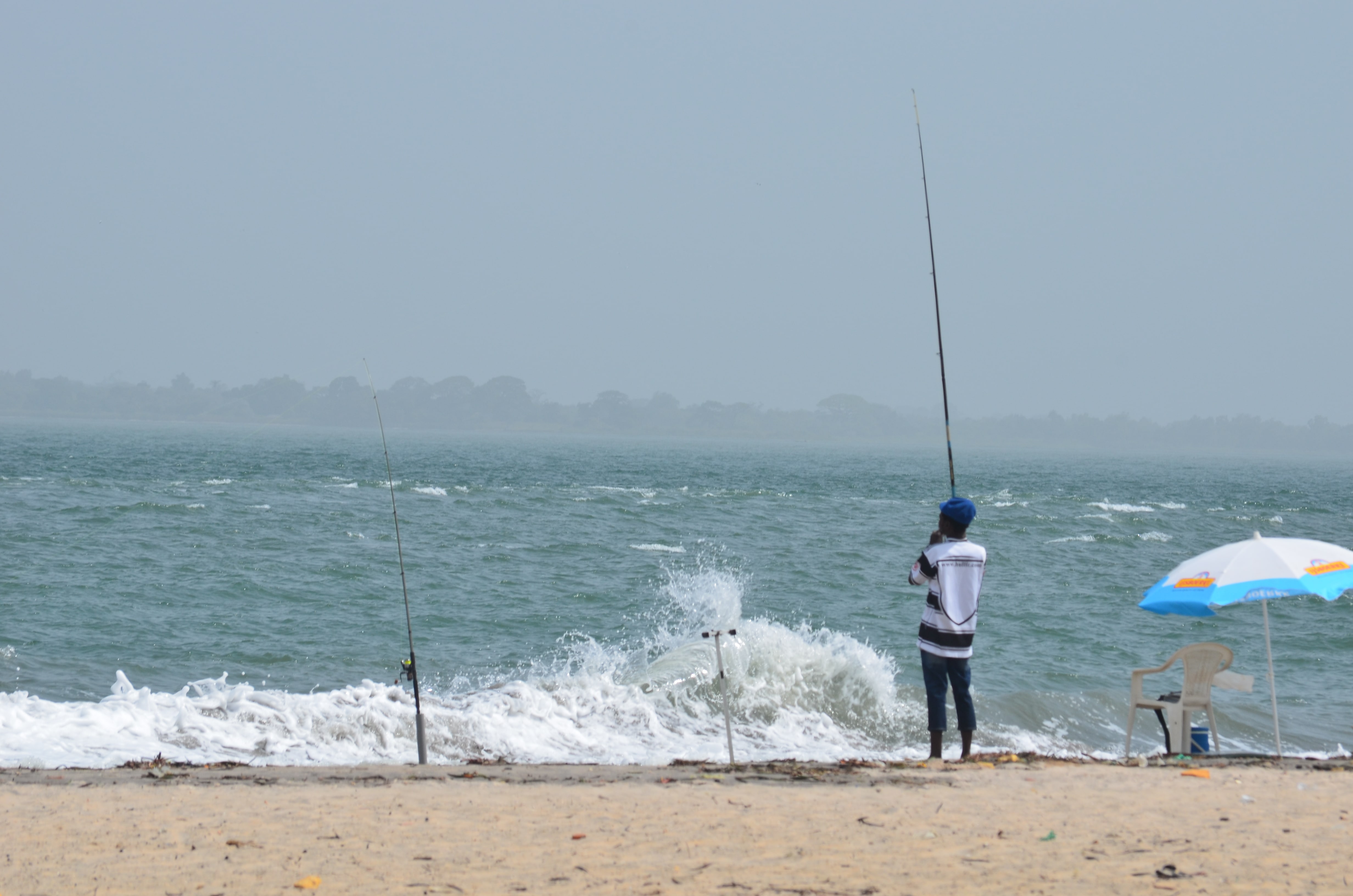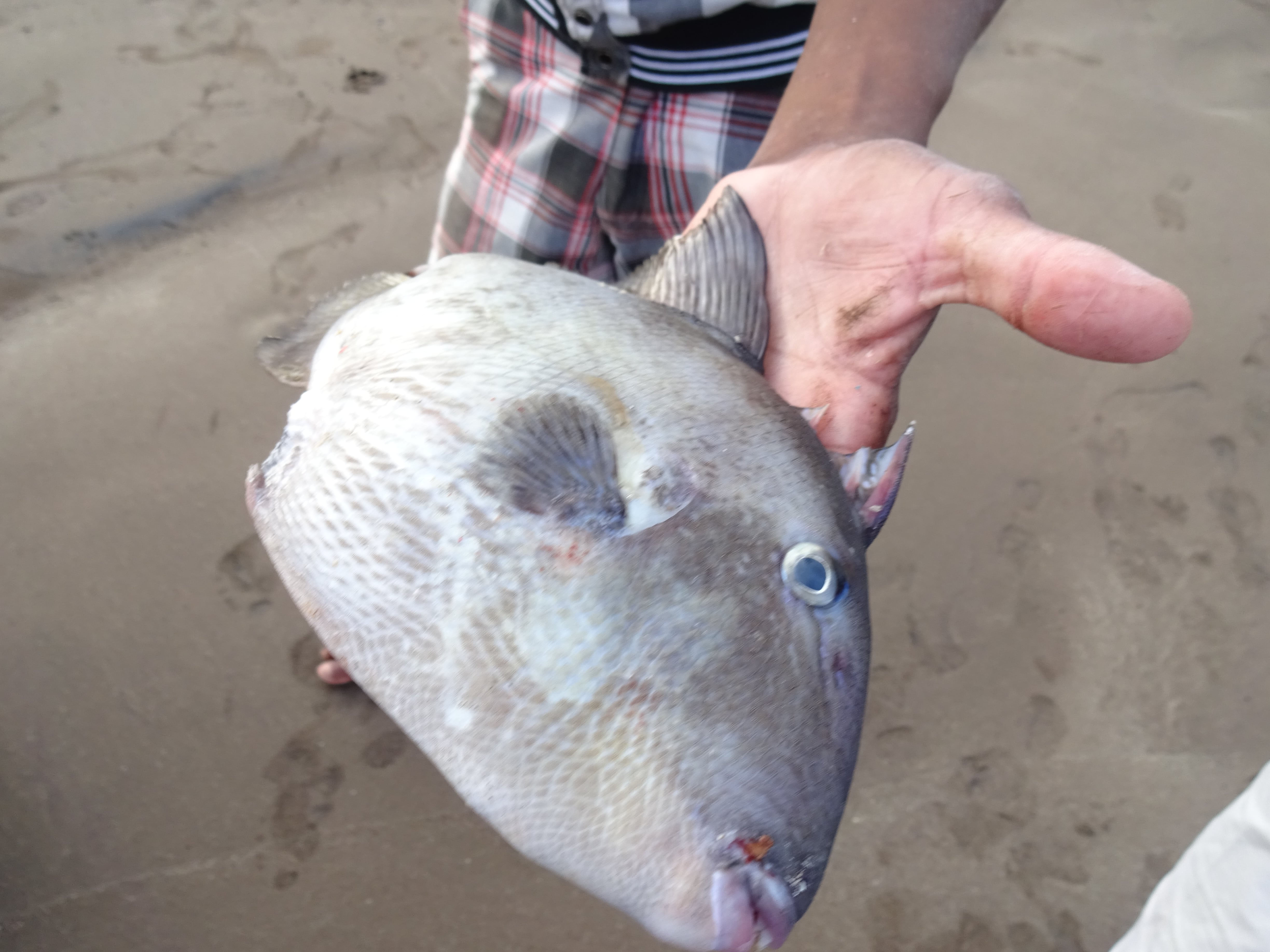
If you scroll through Twitter or scan YouTube in any West African country, chances are you’ll find many recreational fishers shooting video or snapping images of their latest slippery, gilled prize.
In a recent paper published in Palgrave Communications, Dr. Dyhia Belhabib and other collaborators looked to better understand the amount of fish being pulled out of West African waters by recreational fishers.
Using a variety of unconventional means, like analyzing online information from YouTube, Twitter and blogs, and investigating the expenditures of services related to recreational fisheries, like boat rentals, fishing licences, travel, and services such as “fishing safaris,” the researchers were able to assess recreational catches as well as their economic contribution to the West African economy.
While official records essentially ignore recreational fishing in this region, Belhabib discovered that by 2010 the catch for this sector had increased to 34,000 metric tonnes annually.
Recreational fishers tend to travel from other countries to fish in foreign waters. They often stay in hotels and hire guides to help them find the best fishing spots. The researchers found that the economic benefits to West Africa from recreational fishing were staggering.
Recreational catches brought a total annual revenue of US $152 million to the region.

The scientists also wanted to understand how the economic benefits of this sector were different from commercial fishing. To do this, they introduced a metric called RCR – the ‘Recreational-to-Commercial Ratio.”
The RCR for West Africa – averaged out from multiple countries in the region – was 7, meaning that the value of fish caught through recreational fishing was 7 times higher than its value on commercial fish markets.
Moreover, it was found that countries with more stable governments and a greater number of marine reserves had higher RCRs.
Yet statistics on recreational fisheries are still hard to come by. To better improve the management of recreational fisheries in West Africa, the researchers put forth several recommendations.
The rapidly increasing sector could be regulated through fishing licences, bag limits, area restrictions, and an improved emphasis on voluntary reporting.
“Recreational fisheries may generate strong revenue if managed properly and sustainably. They can further offer an alternative livelihood for small-scale fishers whose income is below or approaching the poverty line, such as in Morocco, Mauritania, Guinea Bissau and Ghana,” stated the paper.

